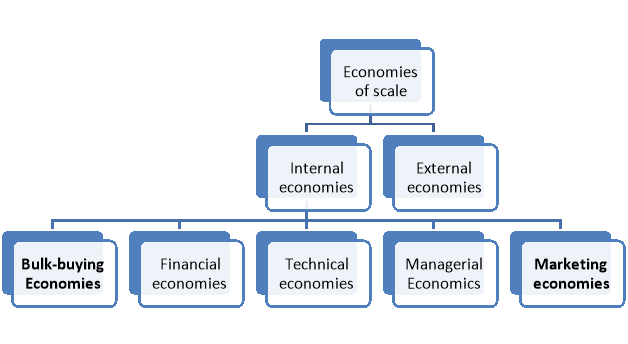In the process of globalization, a firm operates their activities globally and the internationalization process is one of the primary sites of attention. The changes in the technology in the fields of telecommunications and computer lessen the costs of cross border operations and encourage firms to engage in transnational production activities. Internationalization is a sequential process where firms internalize their economic activities characterized in terms of aggressiveness and motivated by either internal or external triggers or a combination of both. It is one of the key strategic decisions for firms to maximize or at least sustain profits to survive in the world of uncertainty and complexity.… Read the rest
International Economics
Theoretical Perspectives on Firm Internationalization
After the World War II, there has been rapid growth in international trade in both goods and services, resulting in various transactions across national borders for the purpose of satisfying the needs of individuals and organisations. The result of this global competition has forced organisations to expand their business by finding out new markets at home and foreign countries making them ‘Transnational firms’. Transnational Corporations (TNC) is defined as a firm that has power to co-ordinate and control operations in more than one country, even if it does not own them. The significance of TNC lies mainly in its ability to co-ordinate and control different transactions within transnational production networks, ability to take advantage of distribution factors of production and ability to be flexible in locations.… Read the rest
Modes of Transferring Capital or Funds from Savers to Borrowers
In economics, a financial market refers to a media that allows people to buy, sell, create and exchange financial securities such as share and bonds, commodities such as basic agricultural goods and precious metals, and other fungible items of value at low transaction costs and at prices that reflect the efficient-market.
Both general markets where many commodities are traded and specialized markets where only one commodity is traded exist in financial market. Markets work by placing many interested buyers and sellers in one media, thus making it easier for them to find each other. The financial markets can be divided into different types such as capital markets, commodity markets, money markets, insurance market and foreign exchange market.… Read the rest
Benefits and Costs of Foreign Direct Investment (FDI) to Host Country
Foreign Direct Investment plays an important part in global entrepreneurs and businesses. The FDI can easily provide a firm with new business environments and markets, cheaper production facilities, usage chances of newest technologies, cheaper financing and skills. There is an significant difference between FDI and foreign portfolio investment (FPI). Foreign portfolio investment means investing of individuals, companies, or policy makers of a nation in foreign fiscal tools (for example government bonds, foreign stocks) making an important wealth piece in a foreign entrepreneurship is not involved.
There are two strategic kinds of FDI:
- Horizontal foreign direct investment : If FDI is made in way which in same sector as a company have activity in at home.
Single Global Currency – Concept, Advantages and Disadvantages
At the beginning of World War I, this standard ceased to exist and in 1920 countries permitted greater exchange rate flexibility, which however did not last long and after the end of the World War II the Bretton Woods system has been implemented. This standard has been created as a result of numerous meetings between the World War II winning states with the final conference taking place at the Hotel in Bretton Woods, New Hampshire. The standard took the name of this last conference’s venue. In August 15, 1971 Richard Nixon in his speech announced that the price of dollar will be no longer fixed against gold.… Read the rest
Difference Between Economies of Scale and Economies of Scope
The term economies of scale refers to a situation where the cost of producing one unit of a good or service decreases as the volume of production increases.
Economies of scale arise when the cost per unit falls as output increases. Economies of scale are the main advantage of increasing the scale of production.
Alfred Marshall made a differentiating concepts of internal and external economies of scale. That is that when costs of input factors of production go down, it is a positive externality for all the firms in the market place, outside the control of any of the firms.… Read the rest
